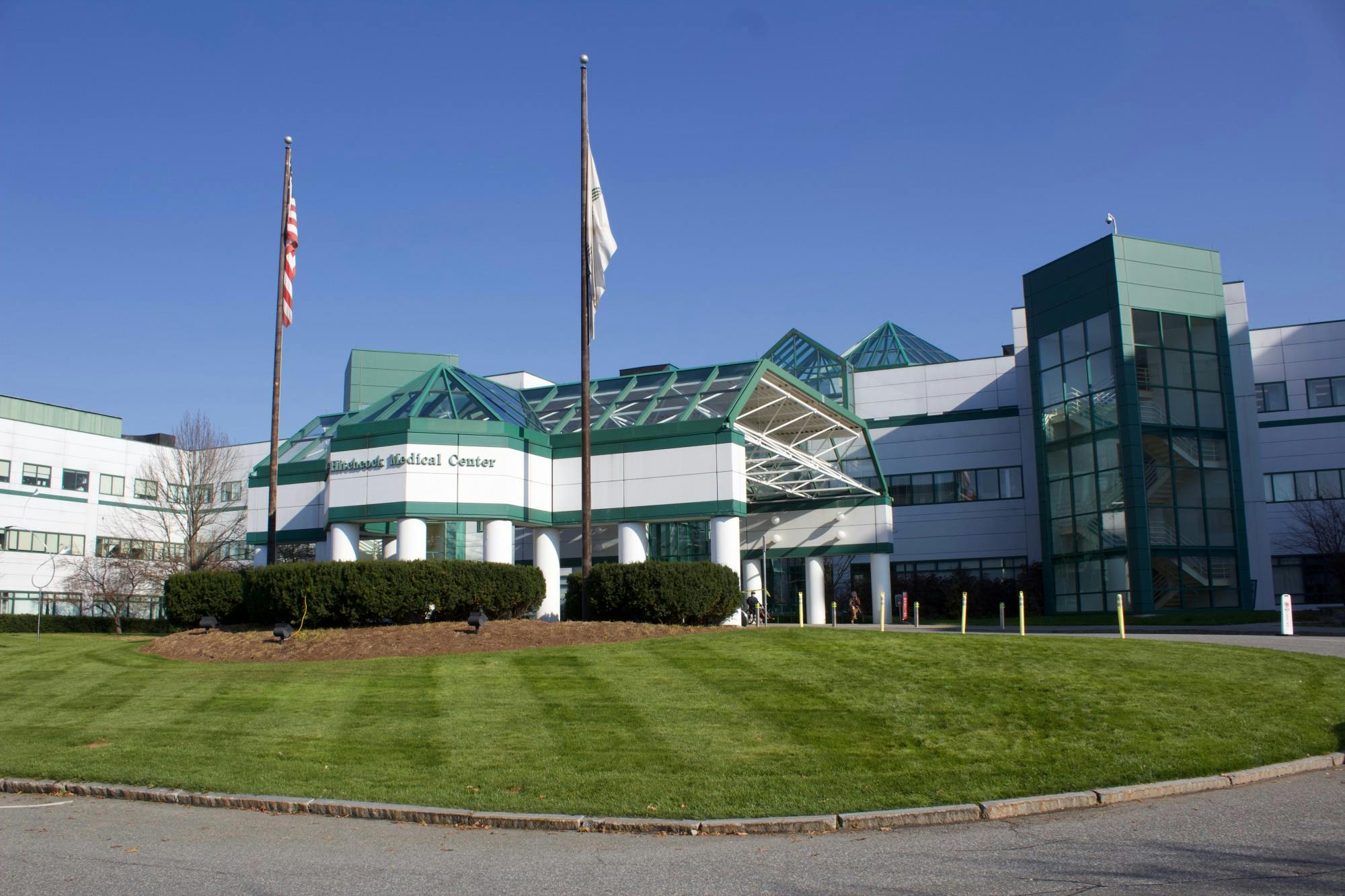Following approval from the Food and Drug Administration and Centers for Disease Control and Prevention, children from ages five to 11 are now eligible to receive the Pfizer-BioNTech COVID-19 vaccine, CDC director Rochella Walensky announced on Nov. 2 after months of anticipation. The development holds special significance at Dartmouth, as the expansion of vaccine eligibility to young children is one of the criteria that may lead the College to reconsider its indoor mask mandate.
According to the Oct. 13 Community Conversations, interim Provost David Kotz listed four criteria for lifting the indoor mask mandate: high compliance with weekly testing, low virus positivity rates in the Upper Valley, the comprehensive vaccination of on and off-campus College faculty and staff by Dec. 8 and vaccine eligibility for young children. Kotz noted at the time that he is “hopeful” the College will be able to relax the mask mandate following the vaccination of children under 12, provided the other criteria continue to be met.
In an interview, Kotz said there is not yet a “specific timeline” for this change.
As of Nov. 10 — just eight days after their eligibility was announced — roughly 1 million children across the country have received their first dose of the vaccine. An additional 700,000 have scheduled appointments for the near future at pharmacies like CVS and Walgreens. This figure does not include children who are scheduled to receive their vaccine at local pediatricians’ offices and children’s hospitals, according to NPR.
While the state of New Hampshire has not yet released official vaccination numbers for children, Gov. Chris Sununu, a Republican, stated at a recent press conference that the state had pre-ordered 15,000 doses, and urged parents to vaccinate their children as soon as possible.
New Hampshire executive councilor Joseph Kenney, a Republican whose district encompasses much of northern New Hampshire including Hanover, said in an interview with The Dartmouth that he anticipates “there will be a transition period” for parents and a “wait and see approach.”
“We’ve got a good supply on hand and a good distribution network through public health centers, so we should be able to distribute [vaccines for] whatever the demand is,” Kenney said.
The children’s vaccine is 10 micrograms, one third of an adult-sized dose. New Hampshire has 15,000 vaccine doses available and expects 14,000 additional doses in early 2022, according to Kenney.
The expanded eligibility comes as a relief to professors with young children.Physics professor Ryan Hickox — who has kids that, until recently, were ineligible for the vaccine — said that the indoor mask mandate has provided some protection against the virus for his children.
“From my family’s perspective, one concern about not wearing masks indoors would be that we could potentially spread the virus to our unvaccinated children,” Hickox noted.
On Nov. 10, the state executive council’s budget meeting approved an additional $22.5 million for vaccine distribution — now matching Vermont’s distribution budget, Kenney said. Almost a month earlier, on Oct. 13, the executive council rejected $27 million in federal funds for vaccine outreach — with some councilors opposing the contract because of “language [that] was too strong” and which “possibly allowed for the enforcement of federal orders related to quarantine,” according to Kenney.
“I’ve always been supportive of vaccine choice myself,” Kenney said. “As a former military officer, I’ve taken every vaccine that I can think of while in the military, because of my overseas deployments, but I think every family has a right to make their decision to vaccinate or not.”
According to Hickox, his entire family has opted to receive the vaccine.
“We’ve really just been looking forward to having our children have some level of protection,” he said.
This expansion in eligibility comes amid a spike in COVID-19 cases in the Upper Valley. From Nov. 4 to Nov. 10, the region saw an average of 675 new cases per day, a 27% increase from the previous seven-day period.
In order to be fully vaccinated, children must wait for three weeks after their first dose before receiving a second one. Then, according to the CDC’s website, they must wait another two-week period for their bodies to build immunity to the virus.
“The hope is that parents will get their younger children vaccinated quickly,” Kotz said.
Despite expanded vaccine eligibility, Hickox noted it is “still important to keep in mind that the youngest children are not [vaccine] eligible yet,” as children under five remain ineligible.
While relaxing the indoor mask mandate during winter term is still feasible, it is subject to many factors. With higher rates of vaccination among children, though, “there is some hope” that the mandate may be dropped, according to Kotz.

Arizbeth Rojas ’25 is a managing editor of the 181st directorate from Dallas, TX. When she’s not listening to DJ Sabrina the Teenage DJ or planning her next half marathon, you can find her munching on a lox bagel.




